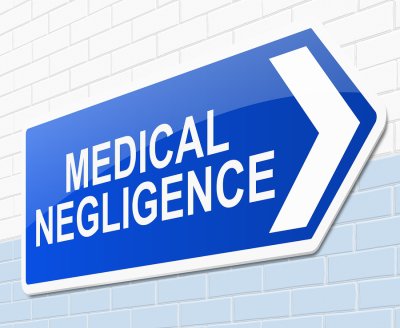Every day, parents across the country are eagerly anticipating the arrival of new additions to their families. There are many things that can go wrong during pregnancy, labor, and childbirth, and some of those issues are beyond one’s power to change. But acts of medical negligence are also prevalent in obstetrics departments, leading to tragic outcomes that could have been prevented. If your infant was diagnosed with brain damage, consider talking to birth injury lawyers in Annapolis or Baltimore, MD, about your legal rights and options. 
Intracranial Hemorrhage
Intracranial hemorrhage refers to an injury in the skull that causes bleeding. Newborns with an intracranial hemorrhage may suffer from seizures, lethargy, and vomiting, and they may display bulging fontanels (“soft spots”) and have abnormal results from neurological exams. In the most severe of cases, intracranial hemorrhage can cause the death of the infant. It’s normal for a typically proceeding delivery to cause some minor bruises to the infant’s head because of the physical trauma of going through the birth canal. However, prolonged labor, breech presentation, large fetal size, and other issues can increase the risk of severe physical trauma to the head. A healthcare provider may be considered medically negligent for failing to identify these risk factors and acting appropriately. Another type of medical malpractice is the improper use of delivery instruments such as forceps and vacuum extractors, which can apply traumatic pressure to the delicate head of the infant.
Hypoxic Ischemic Encephalopathy (HIE)
Another common cause of brain damage during labor and delivery is hypoxic ischemic encephalopathy. HIE, also called intrapartum asphyxia, is one of the more common types of brain damage that is caused by oxygen deprivation to the fetal brain. HIE can be caused by medical negligence, such as when attending healthcare providers fail to identify the signs of fetal distress and respond appropriately. Sometimes, this type of brain damage could be prevented by performing an emergency C-section in a timely manner.
Maternal Infections
It is possible for medical negligence to occur during the pregnancy. Certain maternal infections may result in a diagnosis of brain damage after the infant is born. Pelvic inflammatory disease (PID), for example, can result in fetal brain damage if the mother contracts the disease during pregnancy. Prenatal care providers have a duty to closely monitor expectant mothers for signs of potentially dangerous health problems.